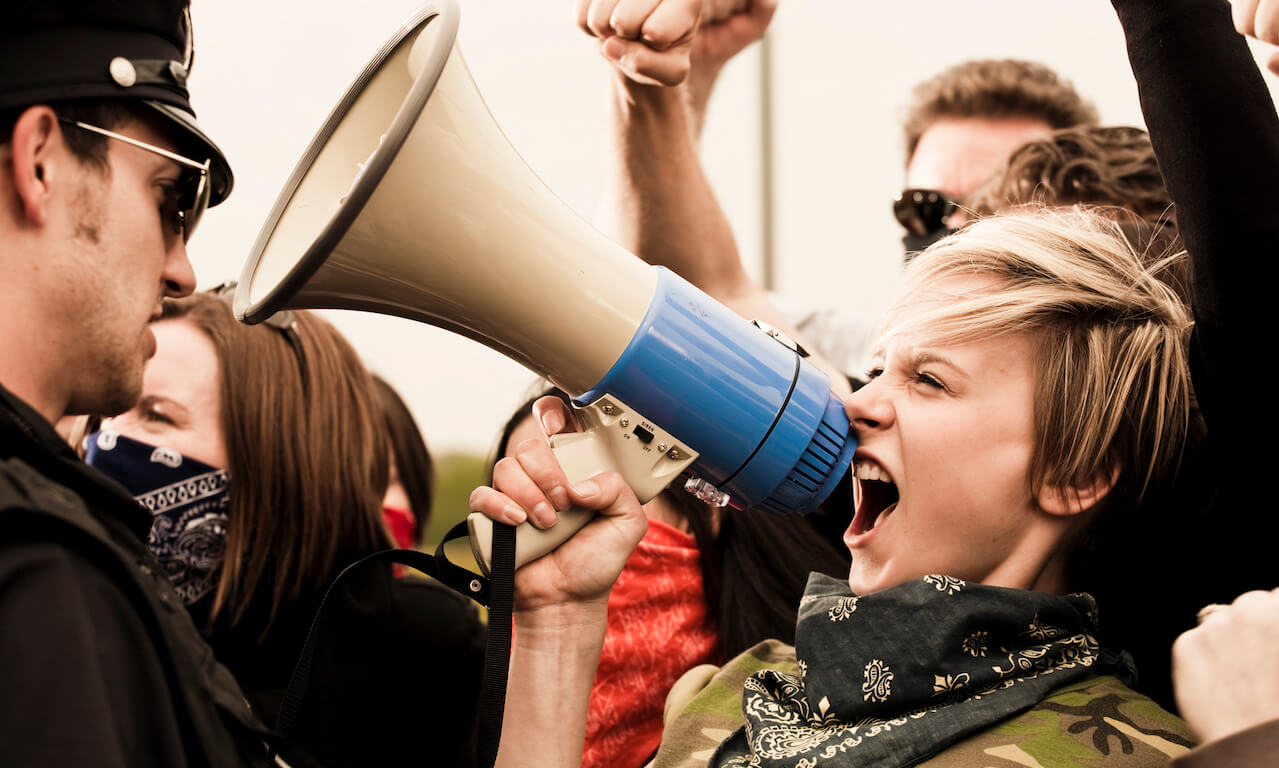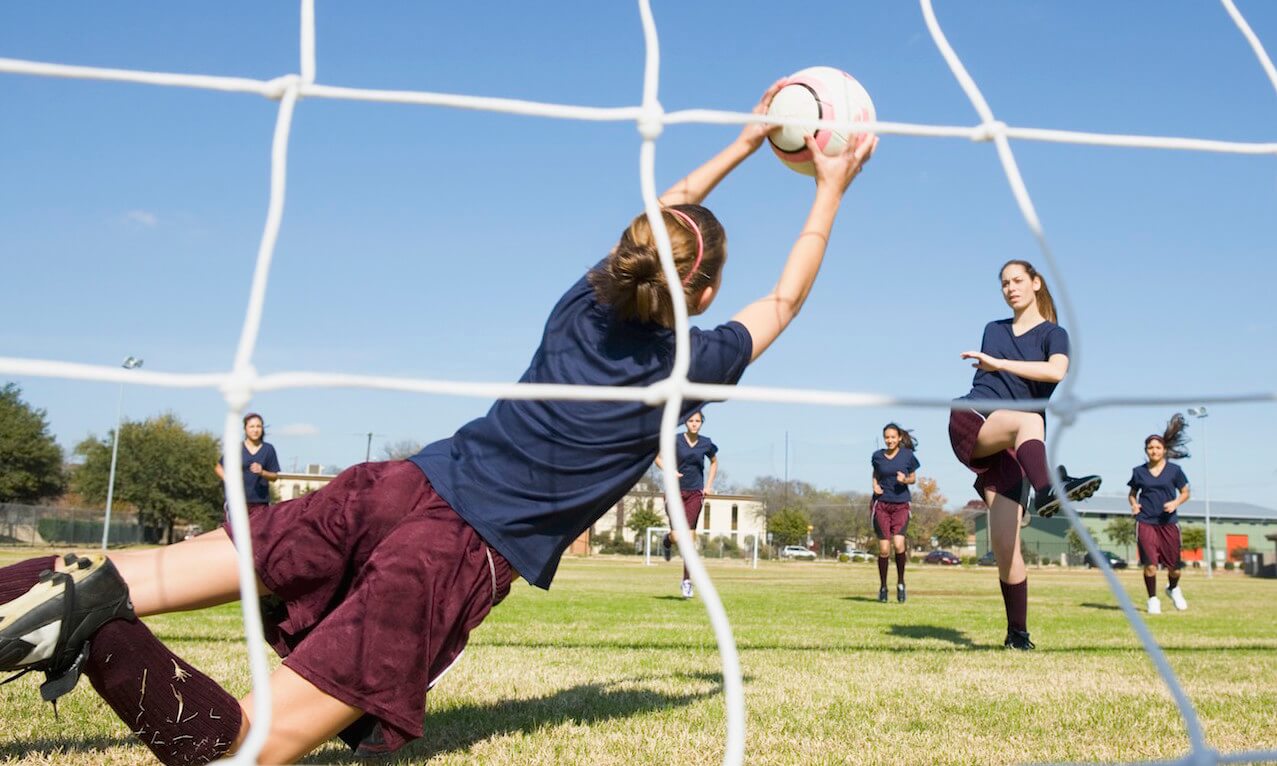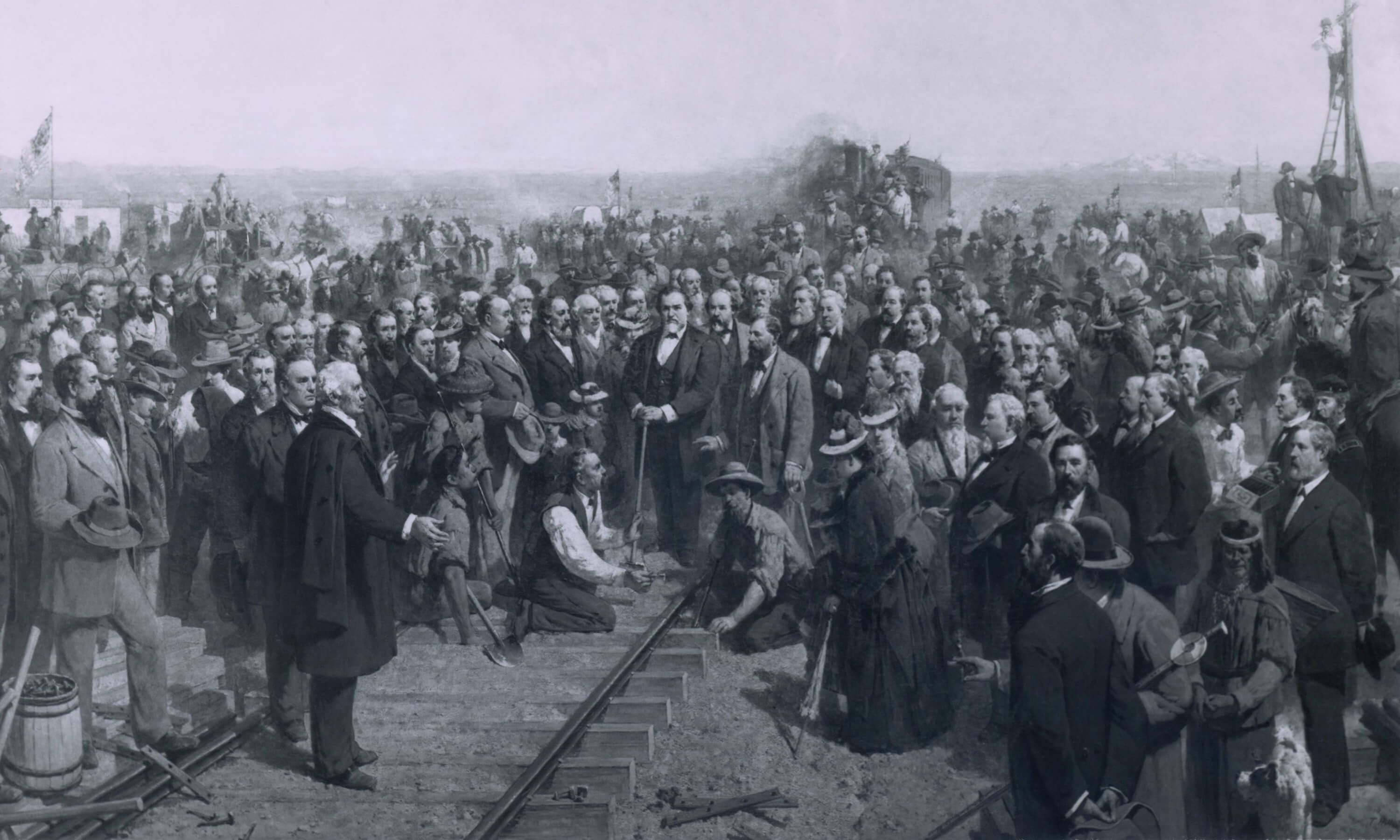Harvard professor and pediatric surgeon Christopher Hartnick argues that one should practice and prepare before taking on risks.


Harvard professor and pediatric surgeon Christopher Hartnick argues that one should practice and prepare before taking on risks.

Psychologist Adam Mastroianni and biologist Dakota McCoy argue that environmental factors, not innate interests, dissuade women from pursuing science and math.

Anthropologist Chip Colwell suggests thinking about natural sites as people would help legal institutions better respect the culture of Native Americans.

An NPR reporter talks to social science correspondent Shankar Vedantam about the difference between effectiveness and visibility in protest movements.

A recent study from Cornell University shows that employers value the qualities instilled in competitive sports.

In this interview, author Etgar Keret explains how giving ice cream to a crying child showed him the value of living in the moment.

For many people your parents’ age and older, getting a driver’s license at age 16 was a rite of passage. Read about some reasons why today’s teenagers aren’t that interested in getting behind the wheel.

Look at the infographic to see a timeline of Ray Kurzweil’s predictions for the future of mankind and technology.

WALL-E, a Pixar animated film, provides a warning for mindless consumerism and excessive waste.

Imagine if simply going to school was an act of defiance. For the women in the article, it was. Read the article to learn more about the battles fought for desegregation.

Can a video game inspired by Walden inspire you to “live deliberately”? Read the article and watch the game trailer here to make your own judgement.

Whistleblowers have cause for alarm due to “ag-gag” laws that prohibit undercover videos of farm activity. While the videos have the potential to harm the agriculture industry, they can also expose illegal and immoral activities.

American immigration policy has always been a contentious issue. Read this article, which details a history of exclusionary actions against Chinese immigrants, to gain a better understanding of America’s tumultuous past.

What happened after the Emancipation Proclamation was issued? Learn about the various organizations formed and laws passed to help transition African Americans out of slavery, and consider how successful those efforts were.

How does a nation seek justice and peace after a terrible national conflict? Explore how seven countries have addressed their troubled histories.

Many working parents struggle with developing a strong work-life balance. Some states are beginning to offer extended paternity leave, which could change how fathers—and mothers—balance raising children and having careers.

Can laws make people healthier? A nutrition professor at New York University shares her perspective on the effectiveness of regulation in improving eating behaviors and public health.

This article and accompanying presentation explore political scientist Erica Chenoweth’s research on how peaceful protest is often much more successful than violence for making changes.

The work of environmentalist John Muir helped create the national parks system and preserve the natural beauty throughout the country. Now some question whether his view of nature is relevant to today’s challenges.

A local council of Alaska Native groups took a story passed down by generations of the Inupiaq tribe and turned it into a video game. The game has already won several awards and has introduced the culture to a wider audience.